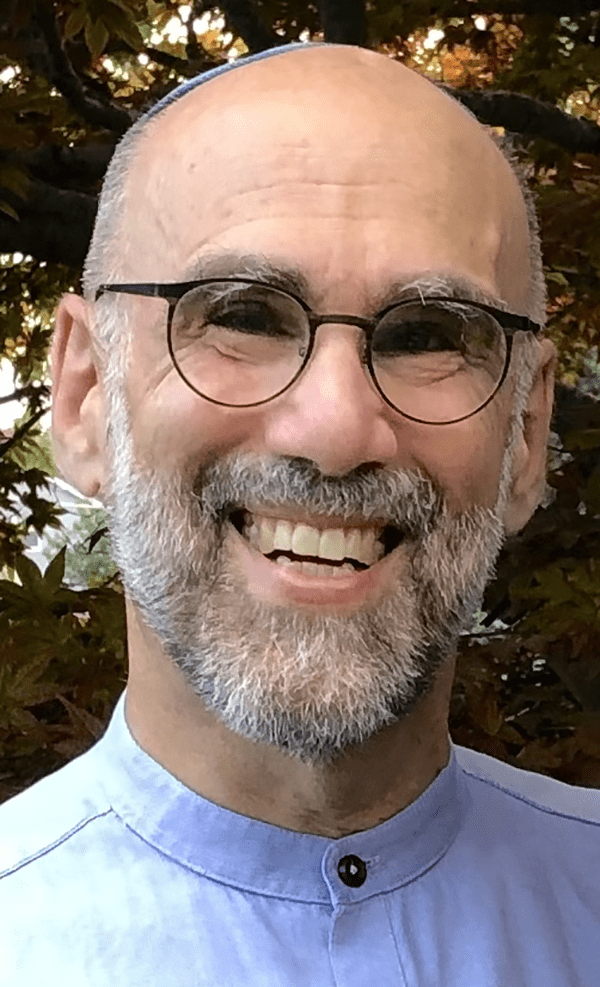Makin’ Matza!
My recent posts...
Selling Chametz
Even if you don’t keep a kosher kitchen, and/or you don’t “convert” your kitchen for Pesach, there is still spiritual value in selling your chametz: You are engaging with myriad Jews worldwide in a practice that can be traced back to Torah and, if you include a donations to “ma’ot chitin,” you are enabling those in need to more fully celebrate Pesach.
A Few Things About Pesach (With lots of links)
There is a wealth of information about Pesach (and the challenges of this year) at Exploring Judaism.org.
Omer 5785
My recent posts...
Vaccine Gratitude
After the fire, a soft murmuring sound
A tornado whips through an area, devastating homes and trees. A hurricane brings gales and torrents of water that wreak havoc. A wildfire turns verdant swaths to ash.
Minutes, hours, a sunrise later, the sun shines, the blue sky gleams, and clean-up begins.
I am not alone in believing that the clean-up from Wednesday’s attack on our nation’s Capitol will take a long time; that brief and powerful storm cloud will cast shadows on our country for years. Our position as the international paragon of democracy has been eroded; the pretense of equal treatment in the actions of law enforcement has been exposed; political and cultural patriotic posturing has been eviscerated.
In a country of some 330 million people, a mob of just a few hundred was able to temporarily halt the democratic process and make senators and representatives flee in fear.
Order was restored within hours. Despite dismay at the disruption of democracy, I feel that we never feared the overthrow of our government. Uniformed armed forces did not wrest control, people were not “disappeared.” When it was deemed safe, Congress resumed the Electoral College vote certification.
The next morning, the sun shone, and it was clear that most of us did not like what we saw: vandalism to the seat of our nation’s governance, National Guard troops and a fence around the Capitol.
Our sages long ago advocated “fences” around Torah to prevent violation of God’s word as they understood it. A fence meant broadening the effects of a law to help avoid violation, somewhat like adding an audible signal in our cars to remind us about seat belts that are legally mandated.
Over time, in Jewish law (halachah, literally, the path) those fences either multiplied as concentric safeguards or were built higher and higher. Today, some of us challenge hidebound tradition and dogmatic certainty about the interpretation of Torah.
This can also apply to our government and secular cultures: the ways of the past are not necessarily the current route to greatness, and none of us can lay claim to certainty.
When the prophet Elijah has an encounter with God (I Kings 19), Elijah experiences a mighty wind, an earthquake, a fire, but none was the connection with God sought by the prophet. Rather, a soft murmuring sound (kol d’mama dakka) led to Elijah hearing the voice of God.
We should be firm in prosecuting those responsible for the damage to our physical Capitol and our political capital. And may we speak with and listen for measured voices as we clean up the aftermath of Wednesday’s storm.
Shabbat shalom! שבת שלום


